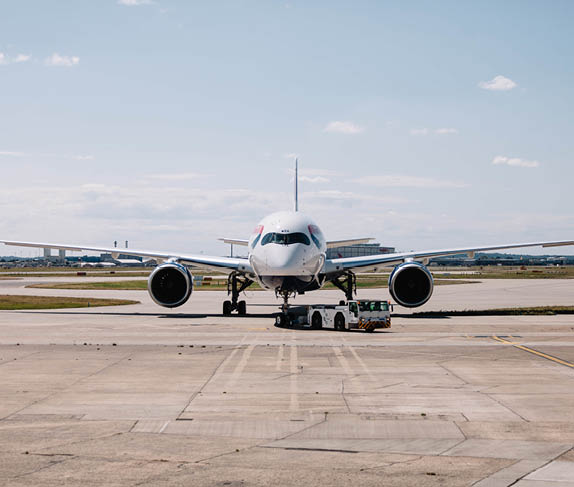PLAY, the low cost, Icelandic airline, announced in its Q3 2023 financial results that it turned a profit of US$5.2 million, an increase of 84% over the third quarter 2022. This profit is a turnaround of US$8.1 million from last year when the net loss was US$2.9 million, with revenues for Q3 2023 at US$110.2 million compared to US$59.9 million in Q3 2022.
From adding four aircraft and 13 destinations, the third quarter of 2023 was PLAY’s most successful financial quarter to date.
Birgir Jónsson, CEO of PLAY, said: “We are all very proud of our financial and operational results for the third quarter and especially of the fact that PLAY generated a net profit of $5.2 million, the first-ever quarterly net profit since our inaugural flight in June 2021. Operational profit grew tenfold from the same quarter last year, revenues were up 84%, and passenger numbers increased by 74%, quite remarkable facts and a testament to a well-performing business model and a great team of professionals.”
During Q3 2023, PLAY operated flights to 33 destinations in Europe and North America with the capacity, measured in available seat kilometres (ASK), increased by 71% compared to Q3 2022. Load factor improved by 3.4% from 85% in Q3 2022 to 88.4% in Q3 2023. In Q3 2023, PLAY flew a total of 540, 000 passengers,74% more than the 311, 000 passengers flown in Q3 2022.
PLAY stated that it has placed significant emphasis on increasing ancillary revenue with improved product offerings such as bundled fares which launched in February and other additional ancillary products. Ancillary yield per passenger in Q3 2023 was US$58 and increased by 35% compared to Q3 2022 when it was US$43. Total ancillary revenue this year to date is 150% higher than at the same time 2022.
Total operating expenses, including depreciation, amounted to US$82.1 million in Q3, resulting in unit cost per available seat kilometre (CASK) of 5.3 US cents, which decreased by 2% compared to the same period last year. Ex-Fuel CASK was 3.4 US cents and increased 11% year-on-year due to inflation and one-off maintenance items. PLAY expects its Ex-Fuel CASK to be around 3.7 USD cents for the full year.
Financial income and expenses were negative in the quarter in the amount of US$6 million, US$4.6 million was due to interest expenses of lease liabilities.
At period-end, the company’s cash position was USD 39.2 million, including restricted cash. Total equity at period-end was USD 25.5 million. The company has no external interest-bearing debt.
Jónsson continues: “PLAY has been on a very steep growth trajectory as we have been increasing our fleet size, expanding our network, and welcoming many new Players to our team. Growth is expensive, and it is, therefore, a notable achievement that we have been able to increase our unit revenues and grow our ancillary revenues at the same time, resulting in a strong net profit and a healthy cash position.
“We do not plan to grow as much next year but will focus on optimising and stabilising our operation and increasing our profitability before we commence our next growth phase in 2025, which will see more aircraft, some of whom have already been secured, and a more extensive and dense network.”
PLAY’s outlook for the full year is unchanged and anticipates carrying around 1.5 million passengers in 2023 with EBIT around negative US$10 million. PLAY is projected to generate a total revenue of around US$280 million in 2023.
